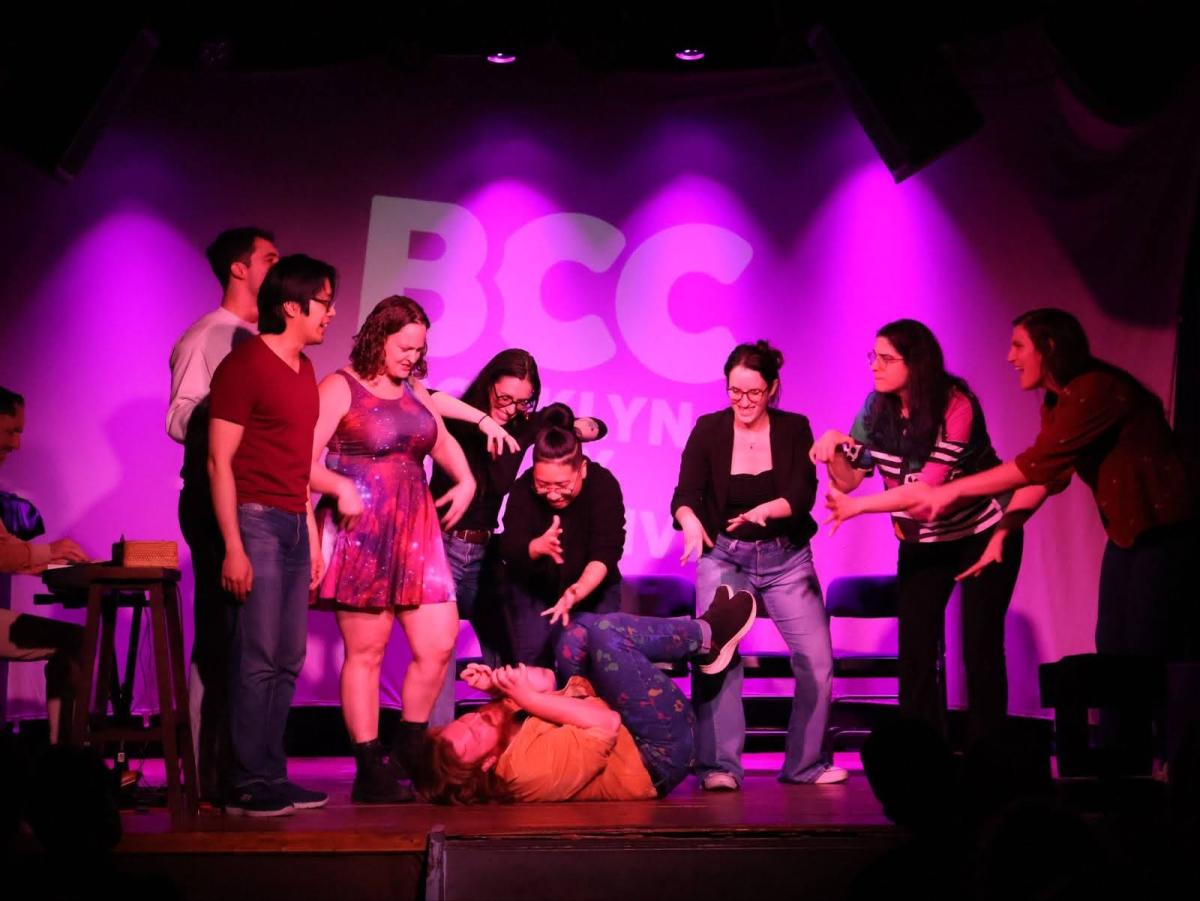I love the MTA’s campaign on subway courtesy. Simple drawings instruct us to avoid hogging the poles, primping, nail clipping (gross!), sitting in a wide stance — dubbed “manspreading” — among other boorish habits.
But I don’t love the NYPD’s zeal to treat such rudeness as a violation.
In a recent report detailing excessive policing, the advocacy group Police Reform Organizing Project documented examples.
On a visit to Brooklyn’s arraignment court, the group observed two Latino men charged with misdemeanors because they were “manspreading” on the subway. In the same report, PROP documented the arrest of a Latino teenager for placing a bag on the seat next to him on the subway. He was held in jail overnight.
PROP interviewed a defense lawyer who one night this spring represented four people in a row charged with putting their feet up on subway seats. One was a 22-year-old black college student with a part-time job, legal ID and no criminal record. He spent more than 24 hours in jail for the offense.
Some cops arrested people for behavior that is not even rude — maybe annoying, depending on your cultural aesthetic. PROP interviewed two middle-aged black men arrested after singing on the subway (and charged with unlawful solicitation). They spent 26 hours in jail.
In a similar incident, police arrested three young black men for break-dancing in the subway, and they were jailed overnight. A subway dance group — whose members were black and Latino — said their members were often arrested and jailed overnight. Judges dismissed the charges when the entertainers appeared in court, the report said.
Such arrests are a waste of time for cops and judges — and of taxpayer money. They are also demoralizing. The NYPD made more than 221,800 misdemeanor arrests last year, and 86 percent involved people of color, according to the state Department of Criminal Justice Services.
NYPD, leave policing courtesy to the experts of the MTA — and to the riders. When we see someone being rude on the subway, we usually let that person know.
And when we don’t, it’s because the person isn’t hurting anyone and we don’t really care.
Liza Featherstone lives and writes in Clinton Hill.
































